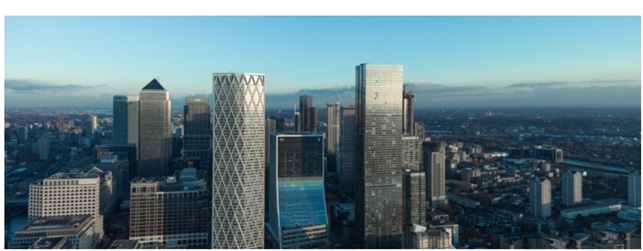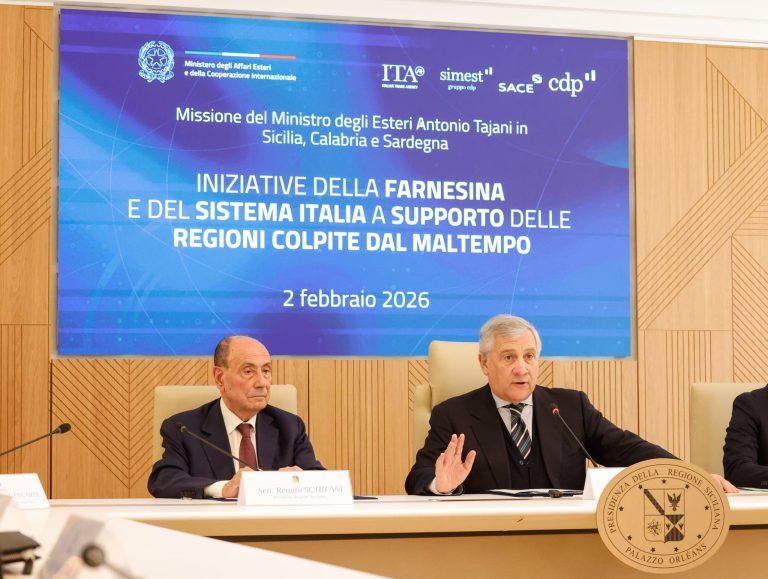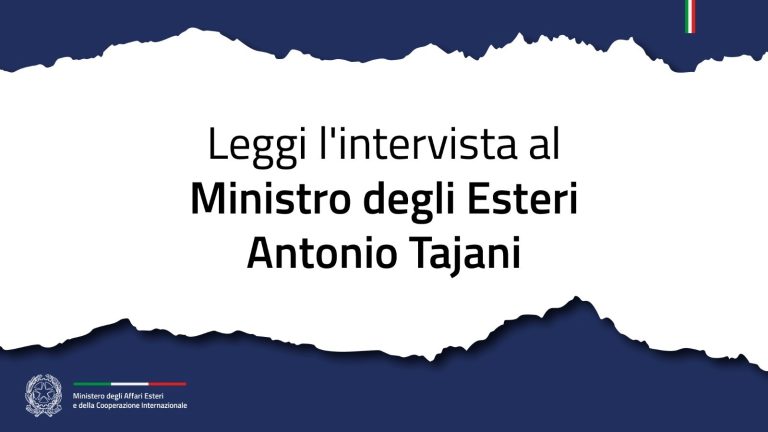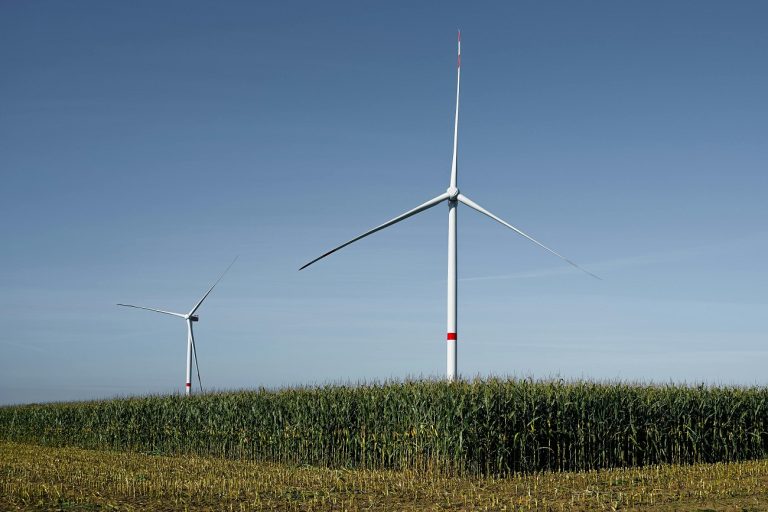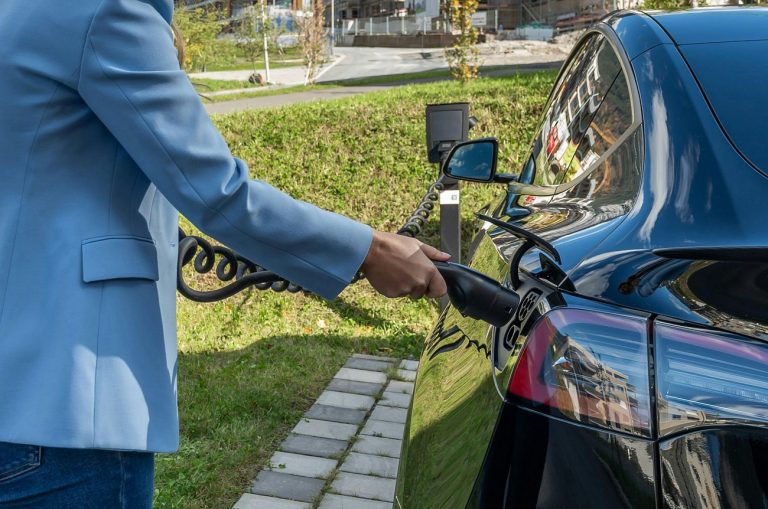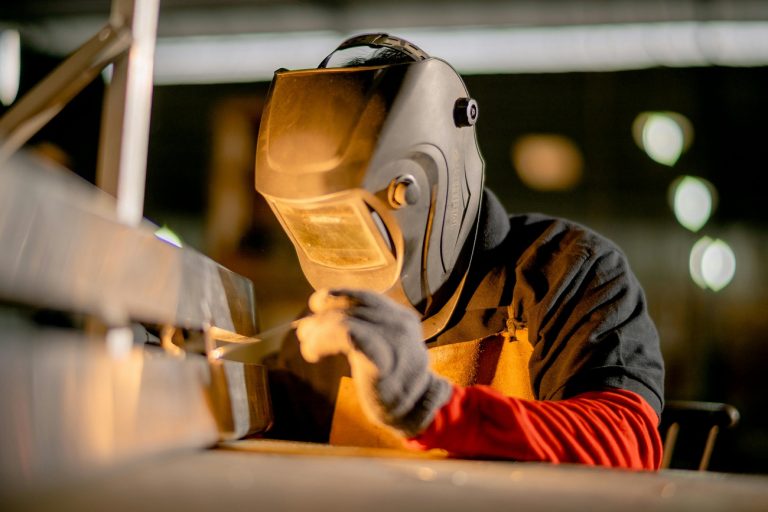Header, social and menu of site
Oslo hosted a meeting of the Italian business community in Norway, with a view to presenting the activities the Italian Embassy in Oslo carries out in the field of economic diplomacy, promoting networking and exchanging experiences. The institutions that attended the event were the Stockholm office of the Italian Trade Agency, ICE, the Italian-Norwegian Chamber of Commerce and the Confederation of Norwegian Business and Industry.
With regard to the participation of the entrepreneurial world, it is noteworthy to point out that a significant number of Italian companies that only recently started doing business in Norway also attended the event, along with the most important Italian enterprises that enjoy a long-standing and structured presence in the country (Eni-Norge, Ghella, Leonardo Helicopters, Fincantieri-Vard, Rebaioli, and Mapei). This gives a more accurate feeling of the real presence of Italian enterprises in Norway and enhances networking and cooperation opportunities. Among these 25 companies, it is worth mentioning Pedrali (design), Kadme (software solutions for the “oil&gas” sector), Troyer (hydroelectric turbines), Arper (design), iGuzzini (lighting technology) ColliCare (logistic services) Smak Av Italia and Vinum Verum (wine and food sector). They were given the opportunity to deliver short presentations and show videos highlighting their distinctive features.
The presentation by Oystein Dorum, a Norwegian economist, was very well received, as it provided an interesting insight into the country’s current economic situation. Following the financial crisis (2009-2011) during which the country’s GNP markedly slowed down (although it never contracted), Norway has been currently consolidating its growth (2% in 2018 and an expected 2.5% approx. in 2019), which cannot yet be defined as robust. Dorum believes that his country’s main challenge will be the growing gap between welfare spending to support an aging population and the limited resources generated by oil revenues. This is also due to the spreading of renewable energy sources and the volatility of oil prices.
Ambassador Alberto Colella highlighted that economic diplomacy prioritizes the need to support Italian enterprises at two different levels: on the one hand, it gives institutional support to enterprises through the pursuit of the hoped-for removal of tariff barriers and non-transparent trade practices; on the other hand, economic diplomacy targets activities that can orient companies to succeed in the market with a view, among other things, to increasing the access of Italian companies to calls for tender and to identifying local consultants that may assist them. Ambassador Colella also said he was determined to have the ‘Italian business community’ meet regularly, at least once a year. He would also like to keep frequent contacts between the embassy and the enterprises and between the enterprises themselves.

